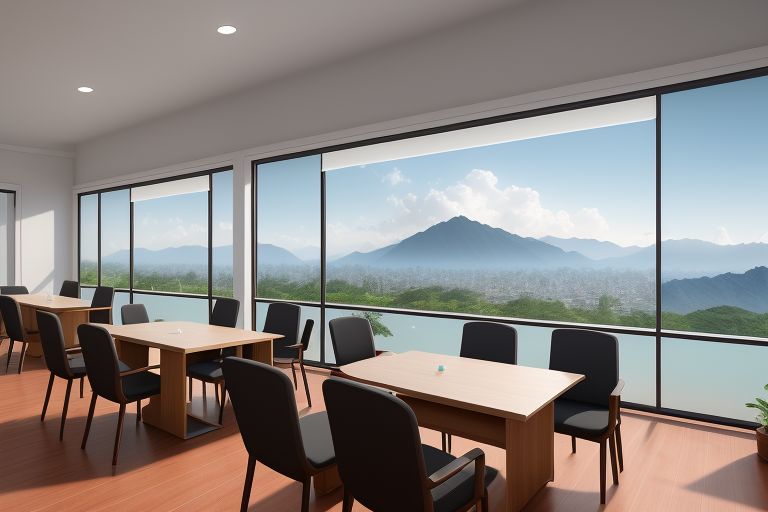The construction of the Climate Research Center at Dharan University has been completed, and its formal launch was made official this week. Construction of the facility has taken the past three years, and the facility will be established as a hub for climate and environmental issues in the region. The center is being launched at a time when the city is facing social challenges such as the impacts of climate change, such as the Water Crisis.
The strengths of the Climate Research Center include qualified personnel, excellent and state-of-art instruments, meteorological instruments, atmosphere instrumentations, and computer facilities for climate modeling. Several institutions have engaged the university in order to ensure that the center is well equipped to receive the best international experts in climate change. Working relationships with universities in Europe and North America should mean the import of competencies and the export of knowledge.
The main goals of the center are to identify the local and regional effects of climate change and the opportunities & threats it holds as seen from a water resource perspective, agriculture, and biodiversity. Scientists at the center will be able to focus on creating models that support the regional administrators and residents in preparing for the next climatic difficulties. The center also intends to be relevant to other important policy areas that affect climate change actions, such as adaptation and mitigation policies.
This launch ceremony was witnessed by top scientists, government officials, and other members of society. In his inaugural speech, the VC gave priority to the science-oriented approaches for the resolution of environmental issues. He underlined the center’s focus on producing research, and applying the findings as a set of policy and other recommendations to the heads of state and the public.
Centre has started several research programs at this regard such as detailed assessment of Sardu River basin and its sustainable future. This project becomes relevant due to the increasing scarcity of water in Dharan as we speak. Other current research includes urban heat island, air quality, and overall climate change effect on plant and animal species in the area.
Education and public outreach are critical elements of the work of the center. The facility is rigged with touch panels for exhibits aim to be a climate center with a public lecture series. To achieve these goals the university intends to launch new programs and degree courses in climate science education for the purpose of grooming the next generation of environmental scientists and policy makers.
Both environmental activists and local government officials have especially embraced the creation of the Climate Research Center. While many people view it as such, a vital process of enhancing local capacity in tackling climate change issues is seen and hypothesized as useful to support planning, water resources management, and resilience to Disasters in Dharan and the surrounding locales.
The source of their funding includes government grants, partnerships with other research institutions as well as partners from other countries, charitable organizations, and the private sector. The university has expressed its devotion to sustain the autonomy of the center and the scientific objectivity of the investigation without interest by a third party.
As the Climate Research Center is getting started, people of science in Dharan expect a lot. Investment of this magnitude in the city is an indication that the future of the city is important and that emphasis should be placed on scientific research in the fight against environmental challenges. The center’s high-quality infrastructure, along with such effective cooperation, can truly assist in the study of climate change and influence the development of a sustainable future for Dharan and the entire world.


